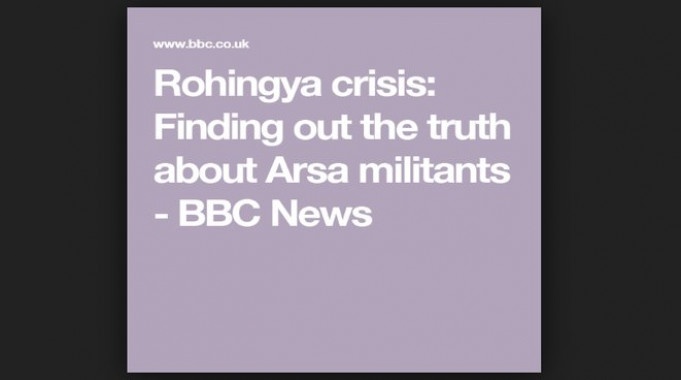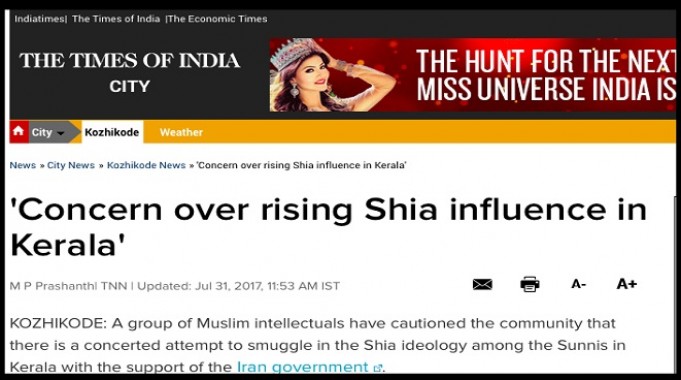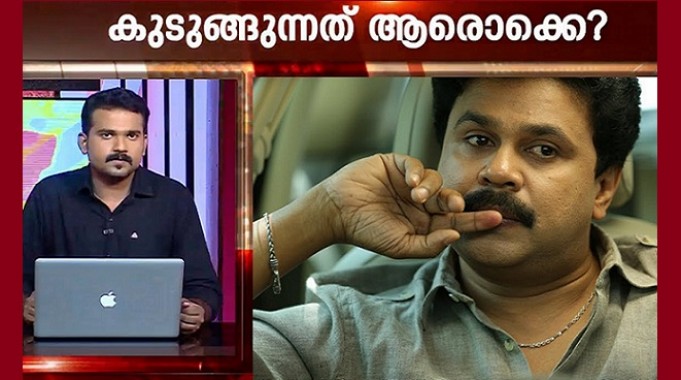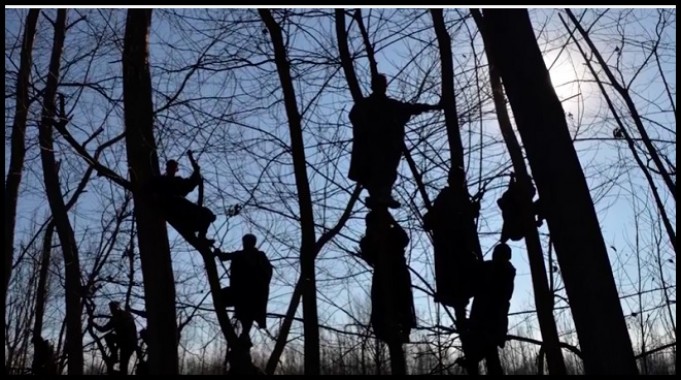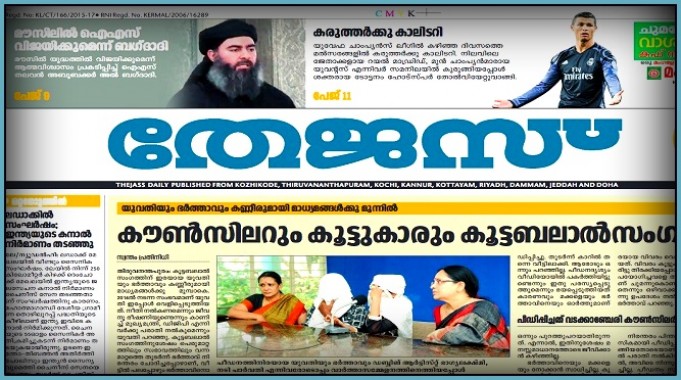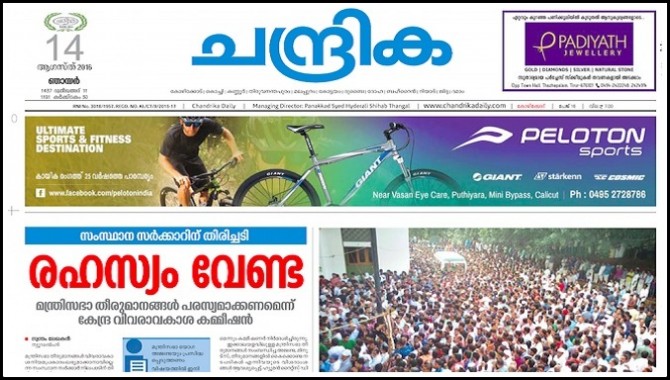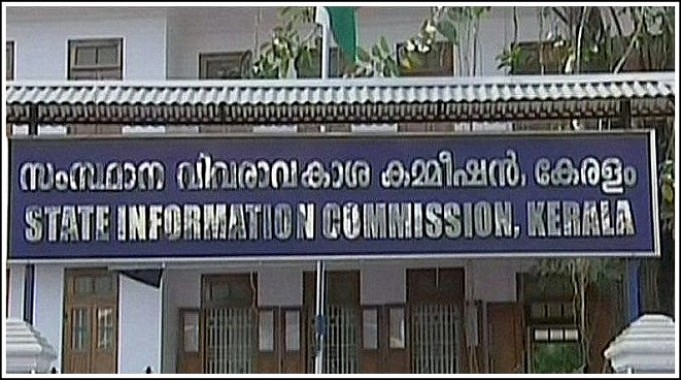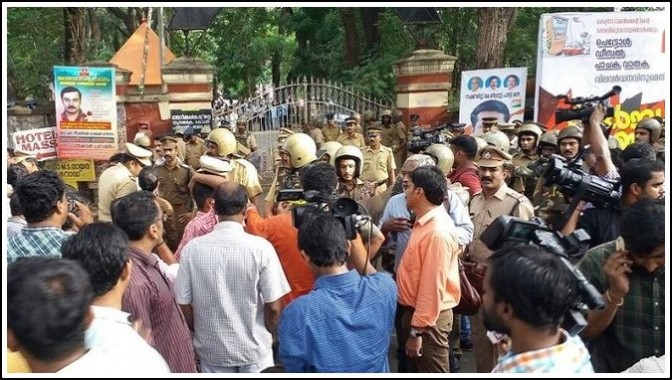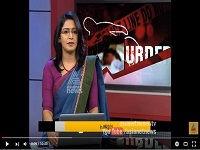BY MUHAMMED SABITH|
IN MEDIA PRACTICE
|03/12/2017
There are instances in Bhaumik’s article which make one wonder whether it was written to defend and justify actions of the Myanmar authorities.
BY MUHAMMED SABITH|
IN MEDIA PRACTICE
|05/08/2017
A one-sided story painting a picture of Shias plotting to take over is a classic example of rumour and conjecture replacing facts.
BY MUHAMMED SABITH|
IN MEDIA PRACTICE
|11/07/2017
The Kerala media lavished attention on the sexual attack on the film star while ignoring the doctor whose fundamental rights were being violated.
BY MUHAMMED SABITH|
IN MEDIA FREEDOM
|12/06/2017
The I&B Ministry stops three movies tackling JNU, Rohith Vemula and Kashmir from being screened.
BY MUHAMMED SABITH|
IN REGIONAL MEDIA
|05/11/2016
Seven years ago, Kerala stopped giving government ads to Thejas on the grounds that the newspaper promoted religious hatred. The policy continues.
BY MUHAMMED SABITH|
IN REGIONAL MEDIA
|25/08/2016
The Kerala media reported a May ruling by the Central Information Commission as ‘news’ in August. Why?
BY MUHAMMED SABITH|
IN LAW AND POLICY
|16/08/2016
The Kerala government ups the ante by going to court over its refusal to disclose details of cabinet meetings under RTI, copying its predecessor’s stand.
BY MUHAMMED SABITH|
IN MEDIA FREEDOM
|01/08/2016
Reporters covering the courts have been assaulted by lawyers, taken into police custody, and their access to the courts restricted
BY MUHAMMED SABITH|
IN MEDIA PRACTICE
|05/05/2016
Kerala’s ‘Nirbhaya’ has been named and her photo published. Because of pressure from social media? Or because she was a dalit?
BY MUHAMMED SABITH|
IN MEDIA BUSINESS
|26/09/2013
The issue of banning advertisements to 'Thejas' by the Kerala government is a serious issue pertaining to press freedom and pluralist media and should be discussed as such,
Subscribe To The Newsletter


